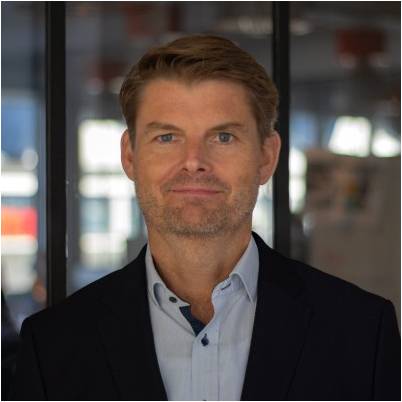What you will get: A reflection on the importance of beliefs
“So, what do you believe?”
A stranger walked into a new town.
And as he entered the town, he saw an old man sitting on a rocking chair.
“He seems like a local,” thought the stranger to himself. “I think I’ll ask him a question.”
“Good afternoon, sir,” stated the stranger. “Could you please tell me what the people are like in this town?”
“Well now,” reflected the old man. “That all depends. What are the people like in the town you come from?”
“They are negative, selfish and arrogant,” replied the stranger.
“Now that is strange,” said the old man. “You will find the people in this town to be just the same.”
Now later the same day…
A different stranger walked past the old man. Again he was curious about the people of the town.
“Tell me, what are the people like in this town?”
“Well now,” reflected the old man for the second time that day. “That all depends. What are the people like in the town you come from?”
“ They are kind, positive and generous, “ replied the second stranger.
“Now that is strange,” said the old man. “You will find the people in this town to be just the same.”
So what is this story all about?
Beliefs
You beliefs determine how you see the world.
Your beliefs determine how you experience each day.
Your beliefs are directly related to your happiness and success in life.
It’s like this…
If you choose to believe the world is a negative place full of bad people, guess what? That is what you will see.
And if you choose to believe the world is a positive place full of good people and endless opportunities, guess what? That is what you will see.
You see…
Our beliefs act as filters to the world we see around us.
Each day we are given way too much information for the logical part of our brain to notice, process and focus on.
So our beliefs, which live in our limbic system (subconscious brain), filter what information we “notice”.
So if we have bad beliefs about the world and people, we tend to see bad things and bad people.
And if we have good beliefs about the world and people, we tend to see good things and people!
I know which type of world I have chosen to create with my beliefs – how about you?
Your success partner

Steve Neale
“Europe’s Leading Expert on Personal and Professional Growth”
Want more time, less stress and better results?
The Limbic Performance System for Outstanding Leadership is here to help you – Steve Neale’s BRAND NEW online leadership programme. Click here to watch an exciting new video all about the LPS!












